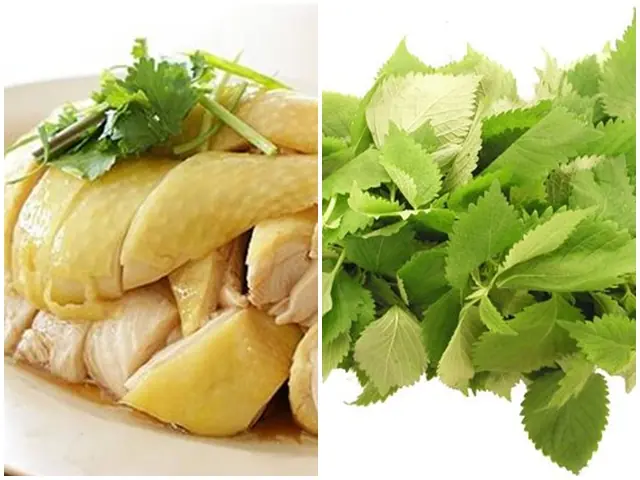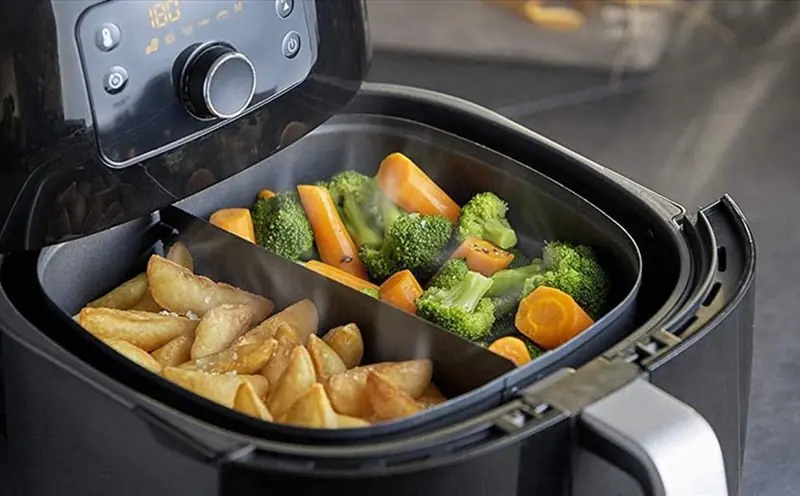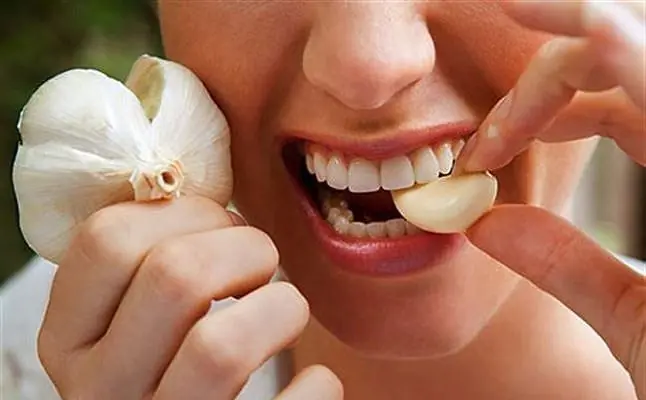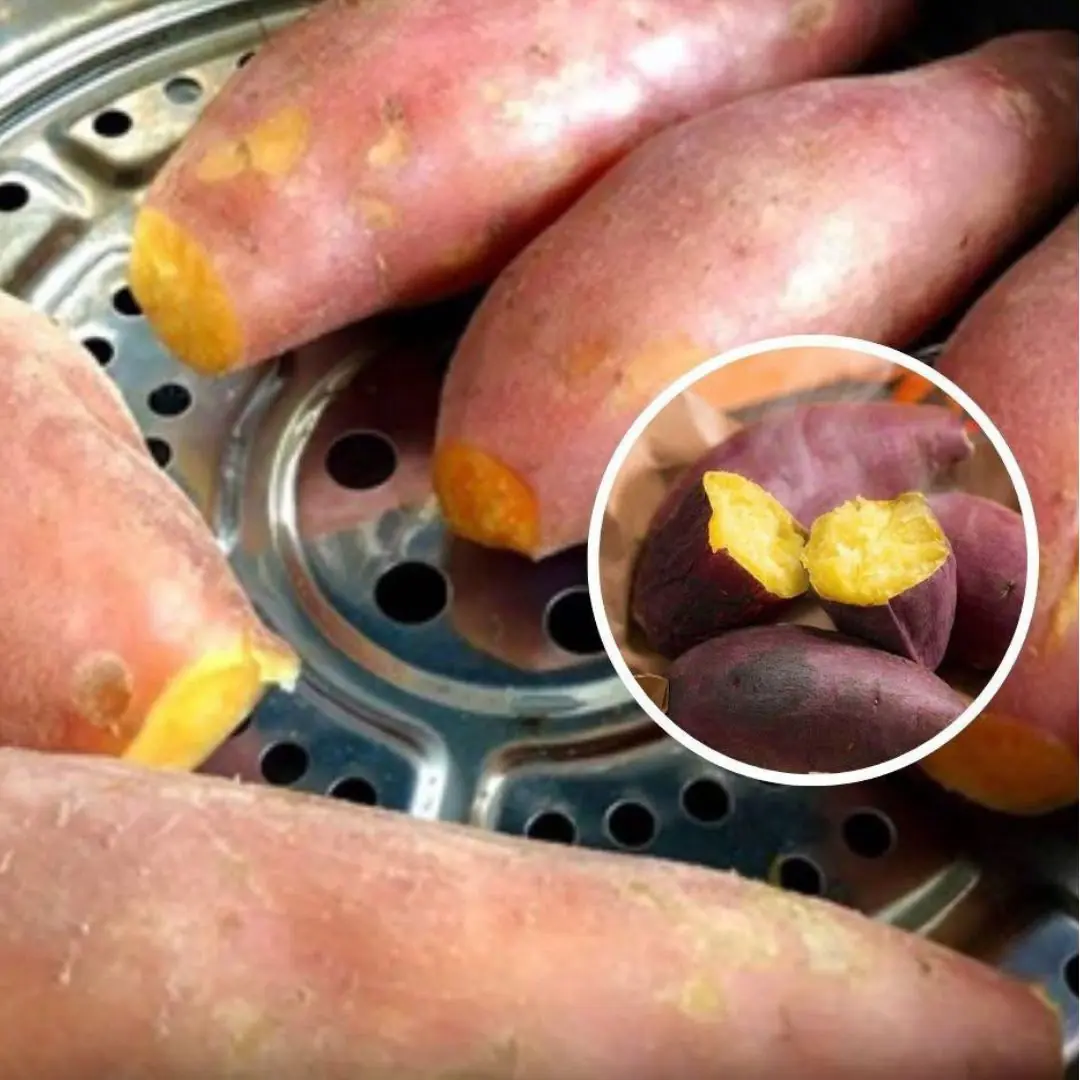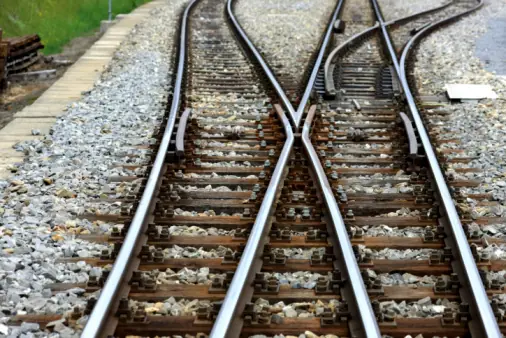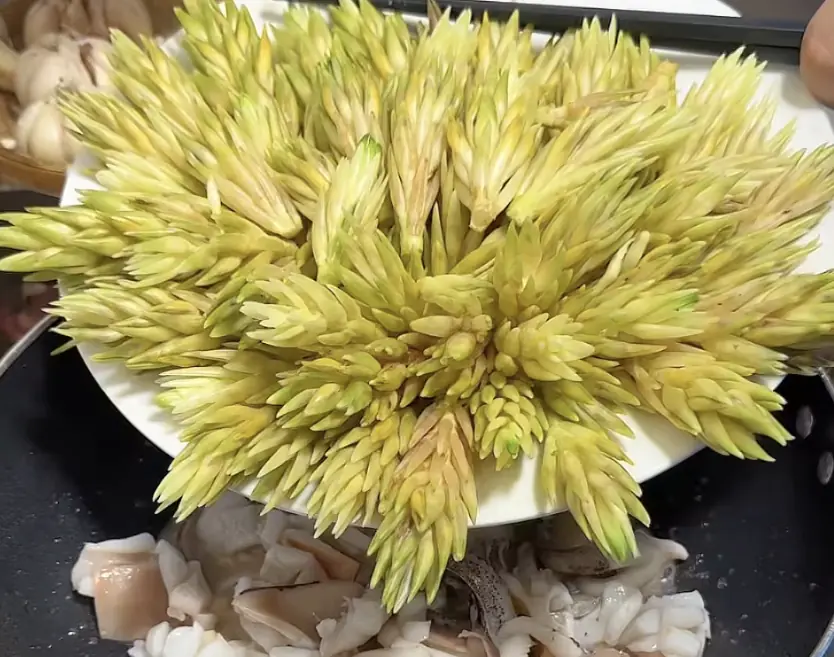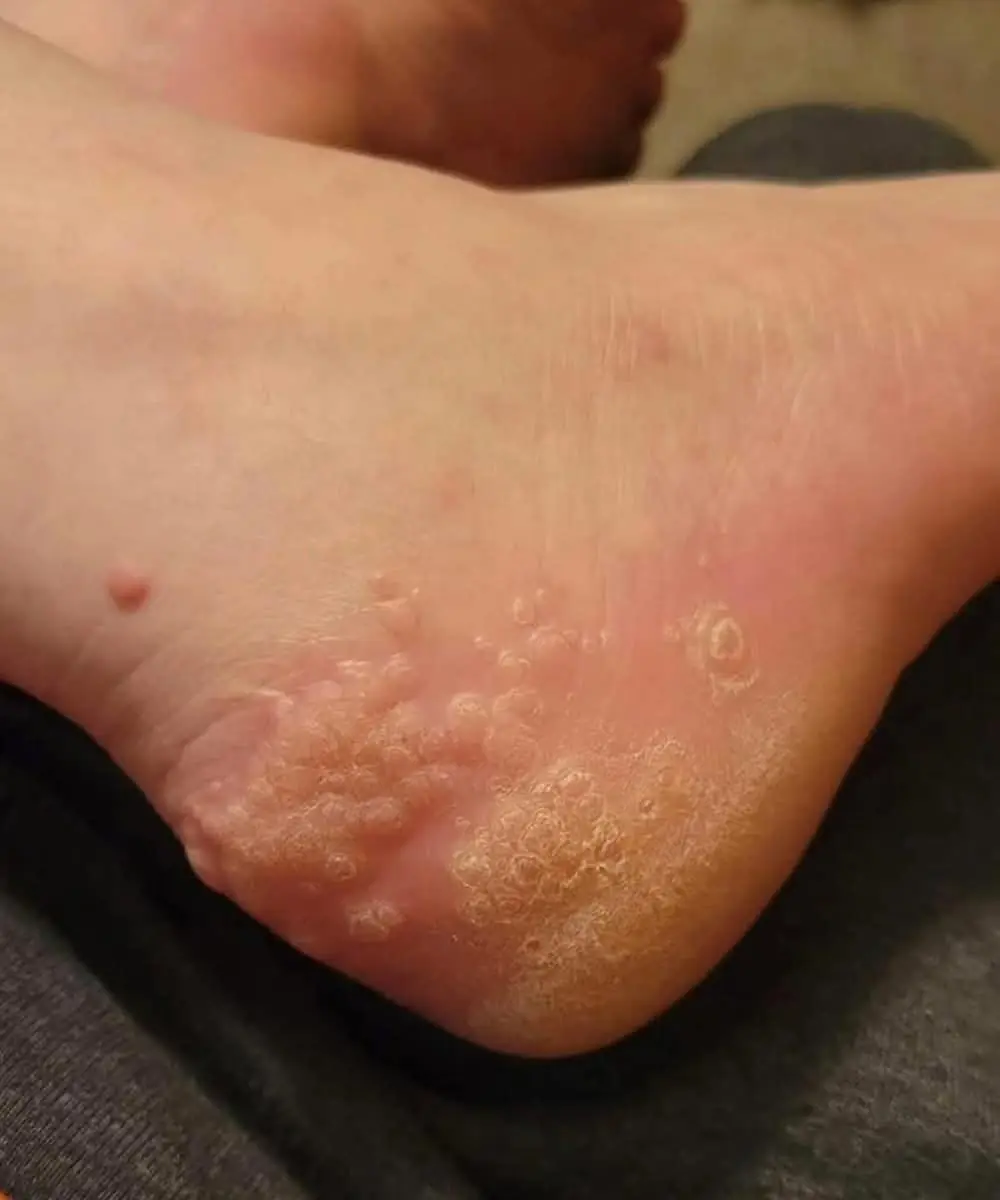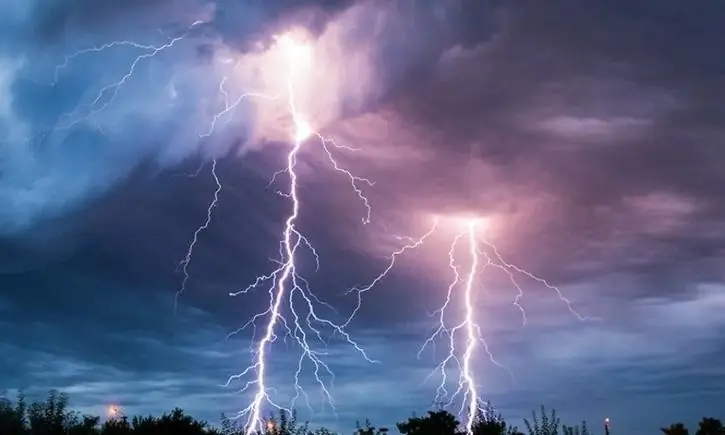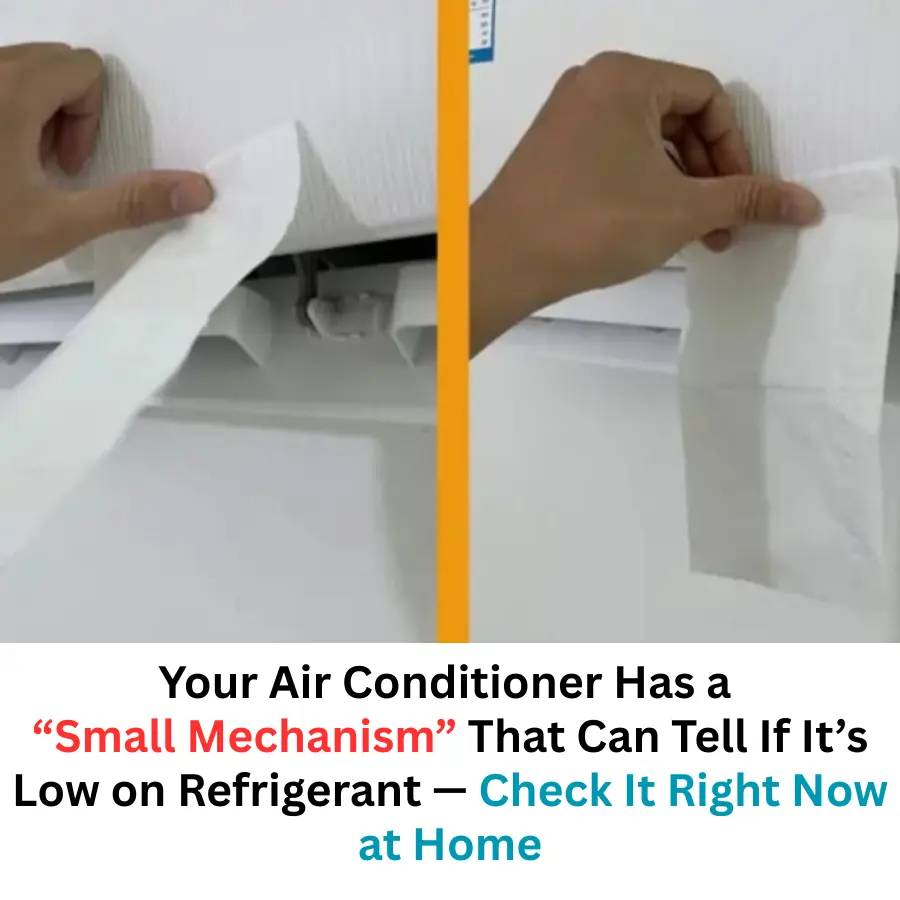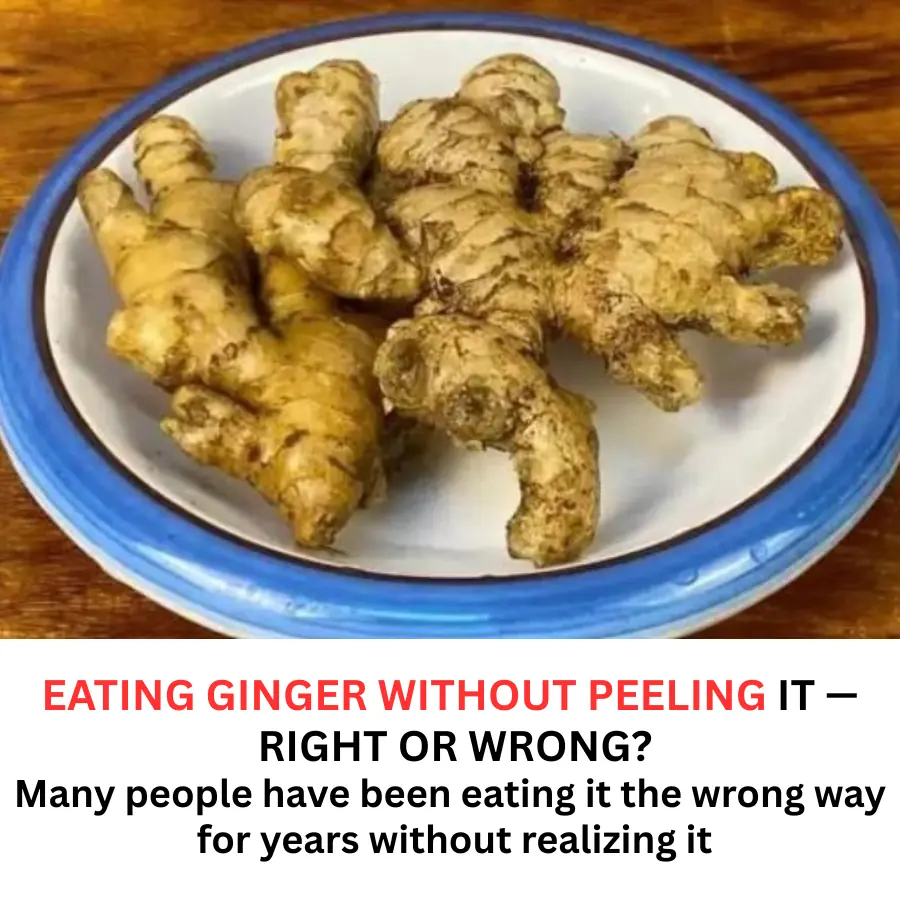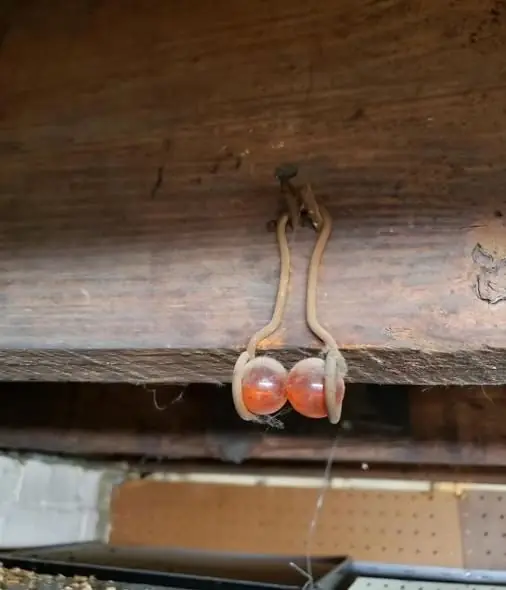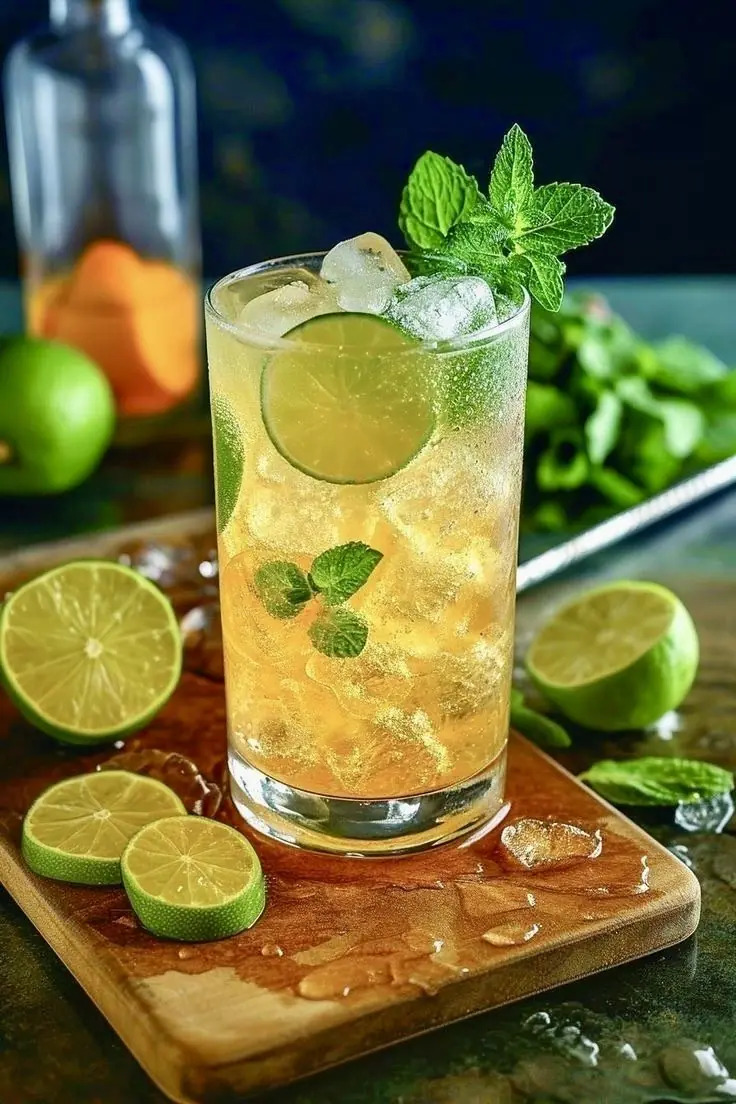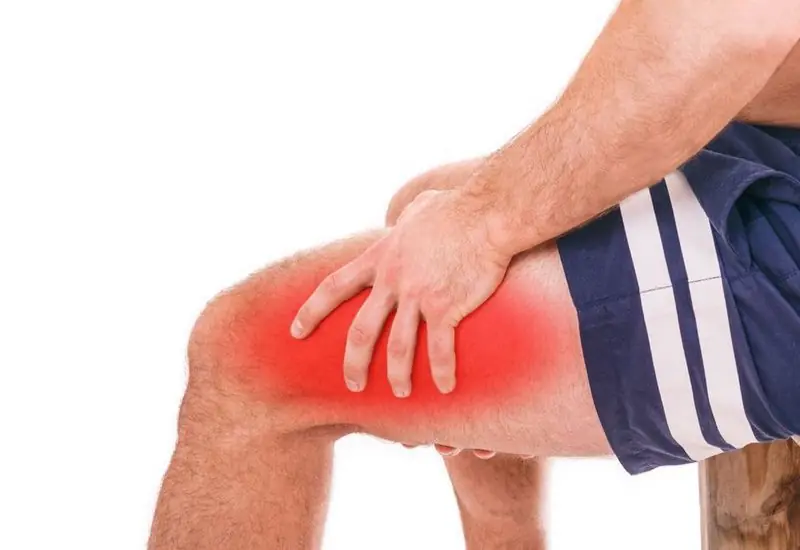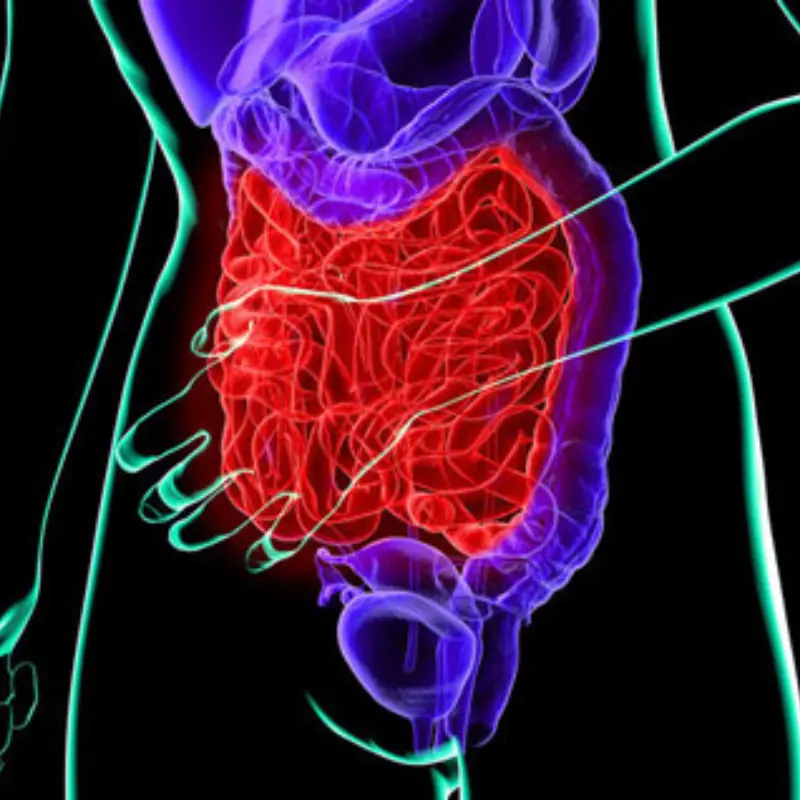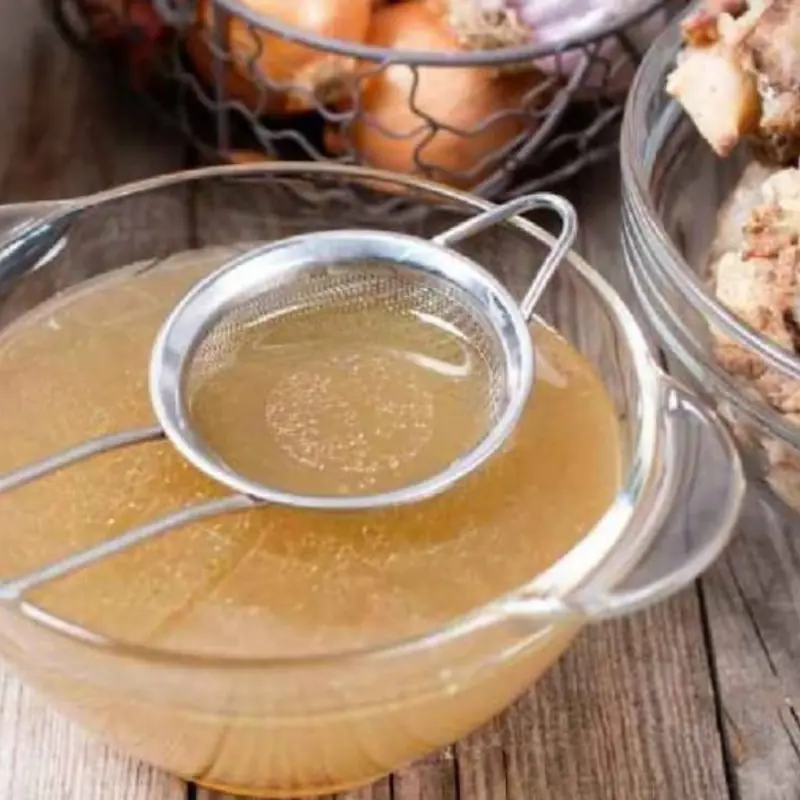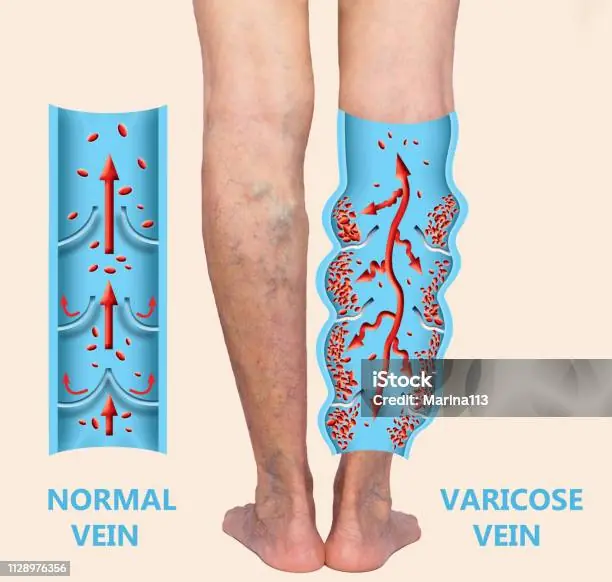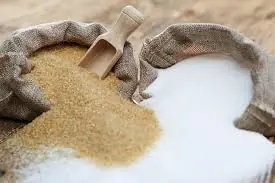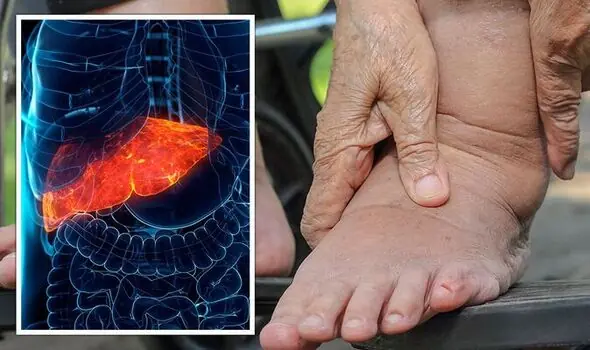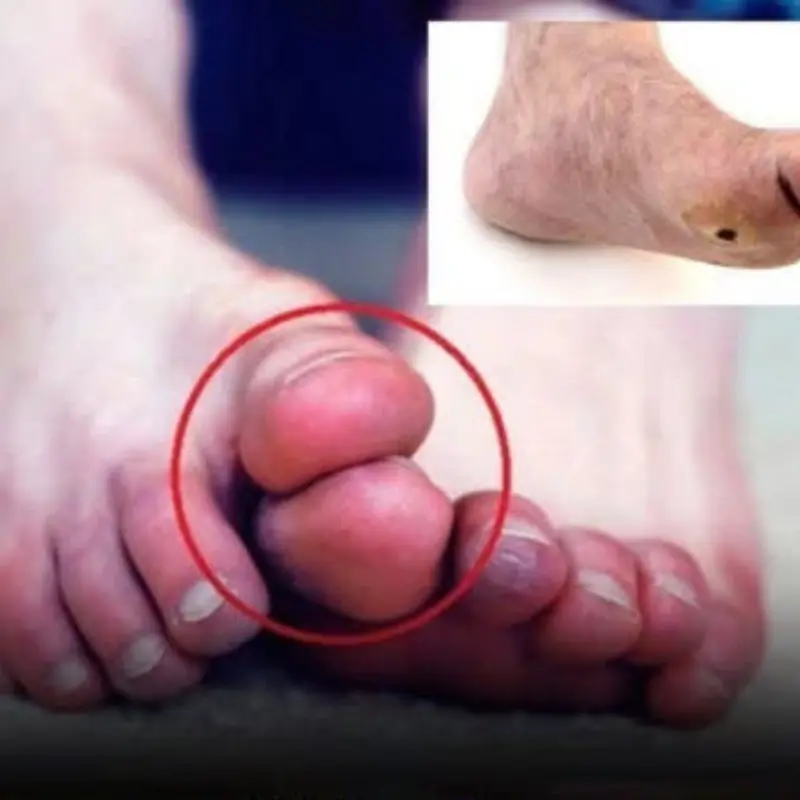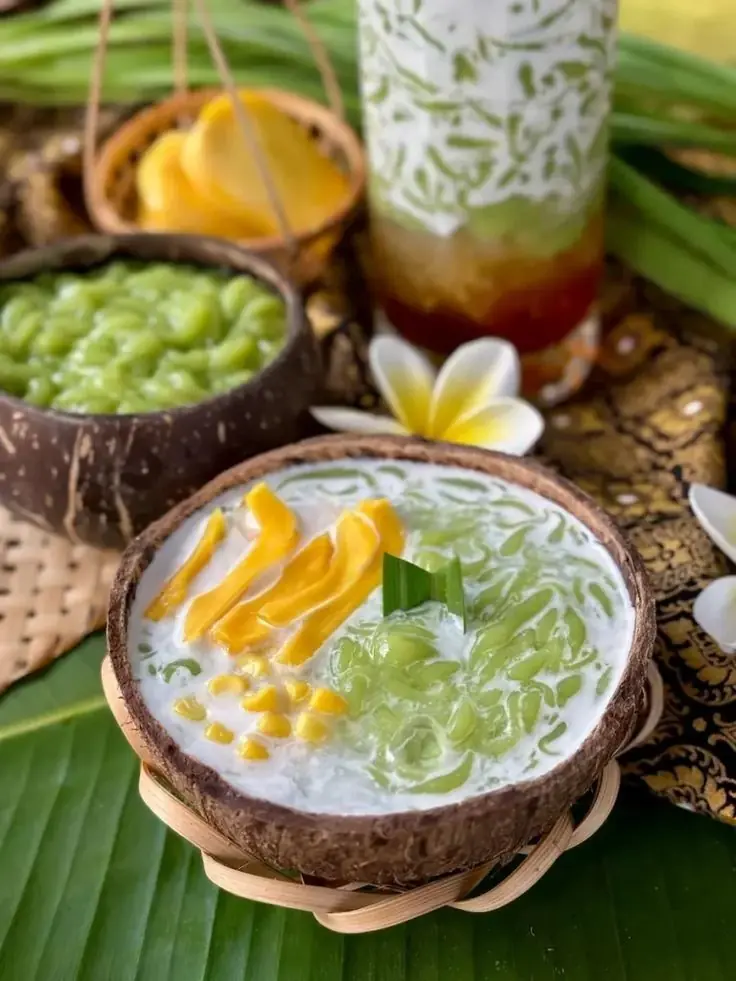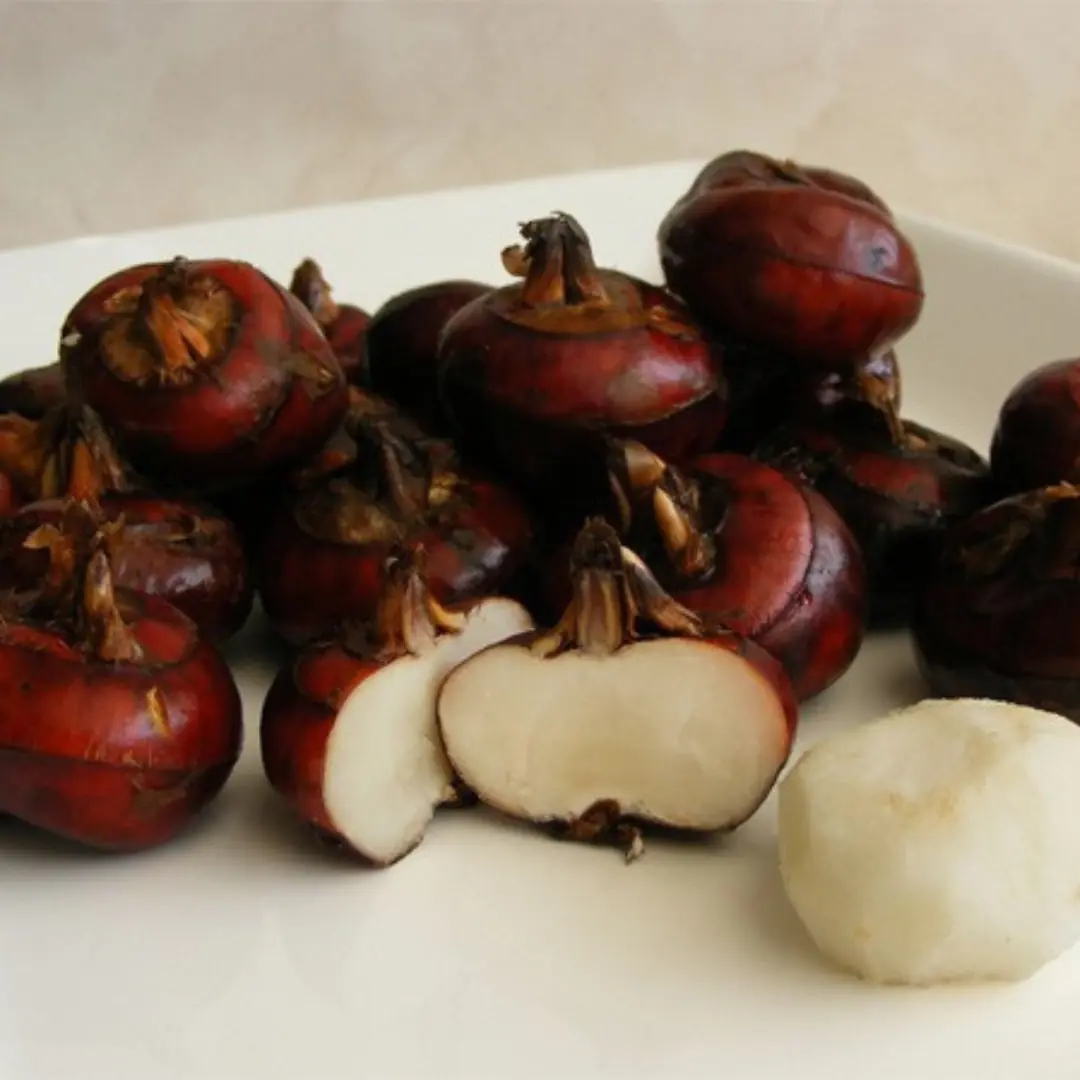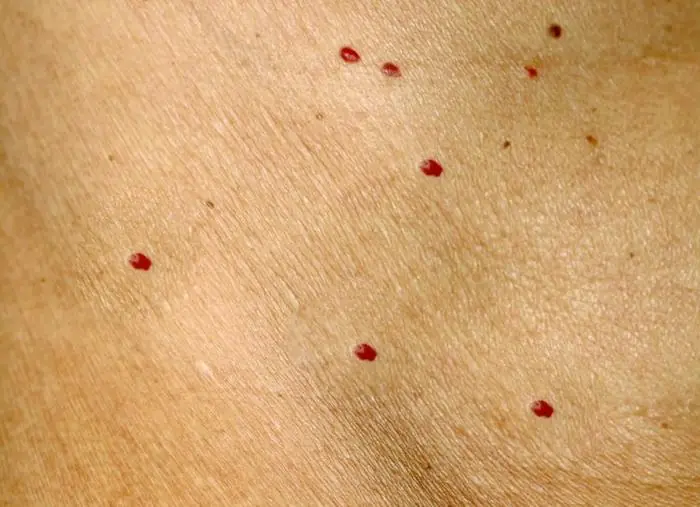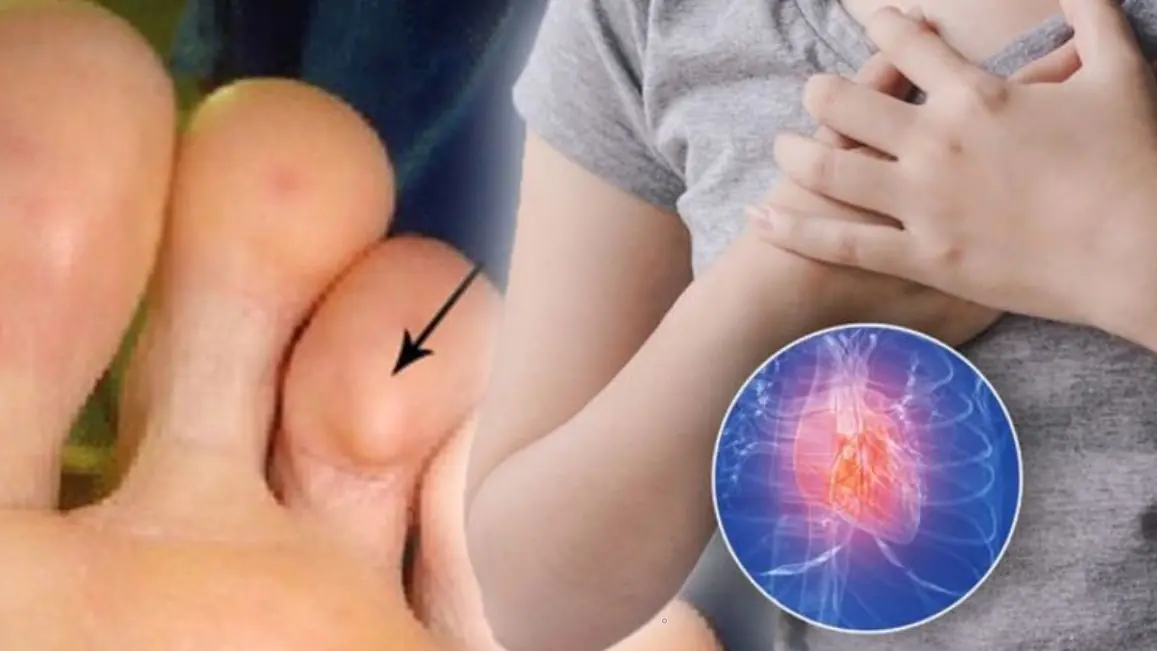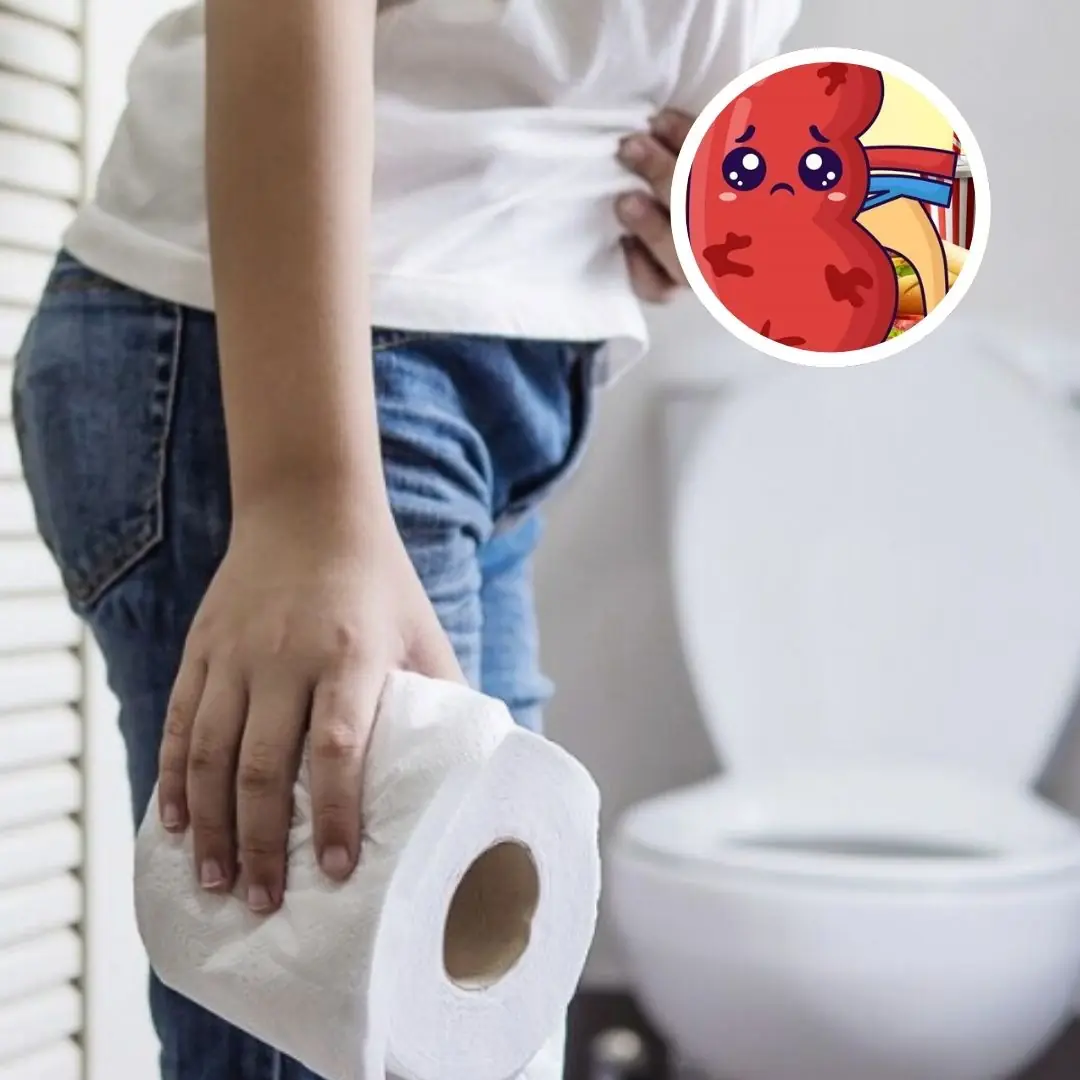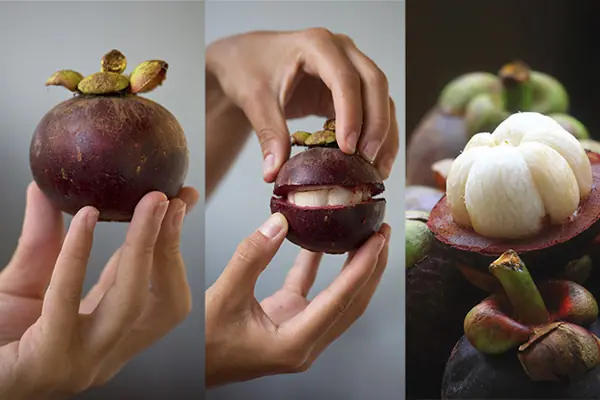Why you shouldn't wash a greasy pan with hot water
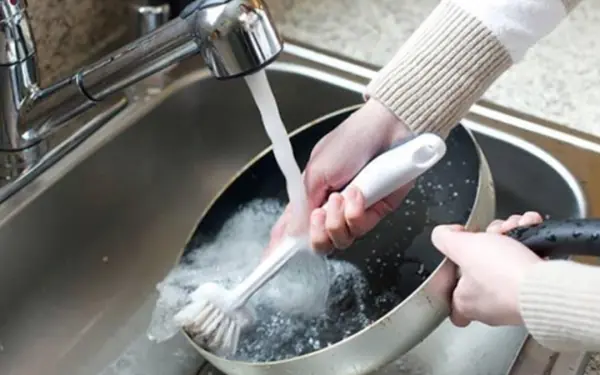
Many people have the habit of using hot water to wash greasy pans, thinking that hot water will quickly remove the grease. However, this is a misconception.
Causing Blockages in Drainage Pipes
This is the most common consequence of washing greasy pans with hot water. When you pour hot water into the pan, the grease melts and flows down the pipe. However, when it encounters lower temperatures in the pipe, the grease solidifies, sticking to the pipe walls and gradually accumulating over time. This grease layer attracts other waste like leftover food and hair, forming a solid mass that causes blockages in the drainage pipes.
Blocked drainage pipes create many inconveniences for daily life. Wastewater that cannot drain will back up, causing hygiene problems, unpleasant odors, and even flooding. To resolve this issue, you will have to incur costs to hire a plumber or, in some cases, replace the entire pipe system.
Reducing the Lifespan of the Pan
Using hot water to wash a pan, especially a non-stick one, can cause thermal shock. Thermal shock occurs when a pan that is hot (due to recent cooking) suddenly comes into contact with cold water, causing it to rapidly expand and contract. This leads to warping, cracking, or peeling of the non-stick coating.
A warped pan won't make even contact with the stovetop, reducing heat transfer efficiency. The food will cook unevenly and may burn. The peeling non-stick coating will lose its effectiveness, causing food to stick to the bottom of the pan, making it harder to clean and affecting the quality of your meals.
Impact on Health
Excess grease heated to high temperatures can produce harmful substances such as aldehydes and polycyclic aromatic hydrocarbons. These substances can cause cancer, cardiovascular diseases, respiratory problems, and other health issues. When you wash a greasy pan with hot water, these harmful substances may evaporate into the air, affecting the health of you and your family, especially children and the elderly.
Environmental Pollution
Excess grease poured into drainage systems ends up in the environment, polluting water, soil, and air. The grease reduces the oxygen levels in water, harming aquatic life. Additionally, grease forms a layer on the water's surface, blocking sunlight and hindering the photosynthesis process of aquatic plants.
